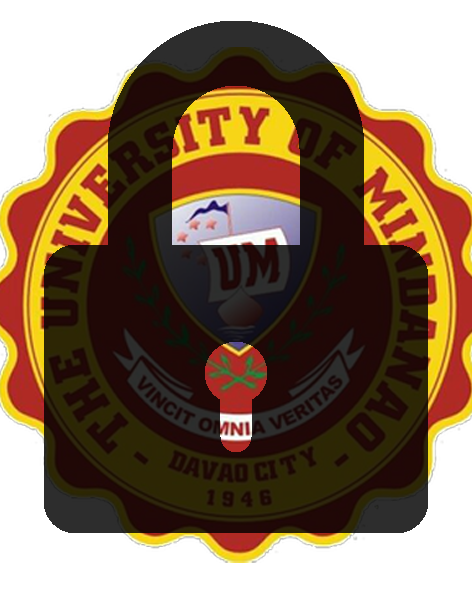TIABAW (Travails in Anguish, Burden, and Woes) : the typhoon Sendong (Washi) survivors experience

View/
Date
2013-01Author
Cuizon, Reynaldo O.
Guinto, Evangeline M.
Citation Tool
Metadata
Show full item recordAbstract
Experience precedes learning. Typhoon Sendong killed 1,472, left 1,074
missing, and washed out 37,552 individuals on December 16-17, 2011. Thus,
it taught the Cagayanons and Iliganons lessons. The survivors learned to
demand not just indemnification of loss lives and damaged properties but also
the cancellation of large scale mining, revocation of expansion of export-crop
plantation, enforcement of log ban, implementation of disaster preparedness
program, removal from office and punishment of all corrupt officials in
cahoots with big business in exploiting natural resources and devastating the
environment, and abolition of land conversion policy and creation of rural and
urban planning by regulating the construction of subdivision, dams and other
projects inimical to communities. Via phenomenological approach using focus
group discussions, in-depth interviews and document analyses, this study
revealed that among various organizations such as Habitat for Humanity,
UNICEF, and Balsa Mindanao have responded the immediate needs of the
survivors. Balsa Mindanao was popularly identified as active in doing
community organizing (SOS) and coordinating with other advocacy group
(SULOG). Community organizing is seen imperative especially that not all
survivors received indemnifications; more than 50 families still live in
evacuation centres suffering from psychosocial distress; survivors feel being
used and caught in the political conflict between local and national government
agencies; government response is weak and superficial as perceived;
community-based disaster preparedness initiatives were not sustained;
government officials viewed as culprit to environment-damaging projects were
neither punished nor removed from office; and the investigation tracing the
instigators of Sendong has never been pursued hence large mining, export-crop
plantation expansion, logging, land conversion, dams and other projects
continue to threaten communities. The current embargo on community
organizing work particularly in the evacuation and relocation areas is highly
regarded as anti-people, unlawful, and immoral.
Key words: Travails in anguish, burden and woes, Typhoon Sendong survivors
Collections
Publisher
Research and Publication Center - Institutional Research
